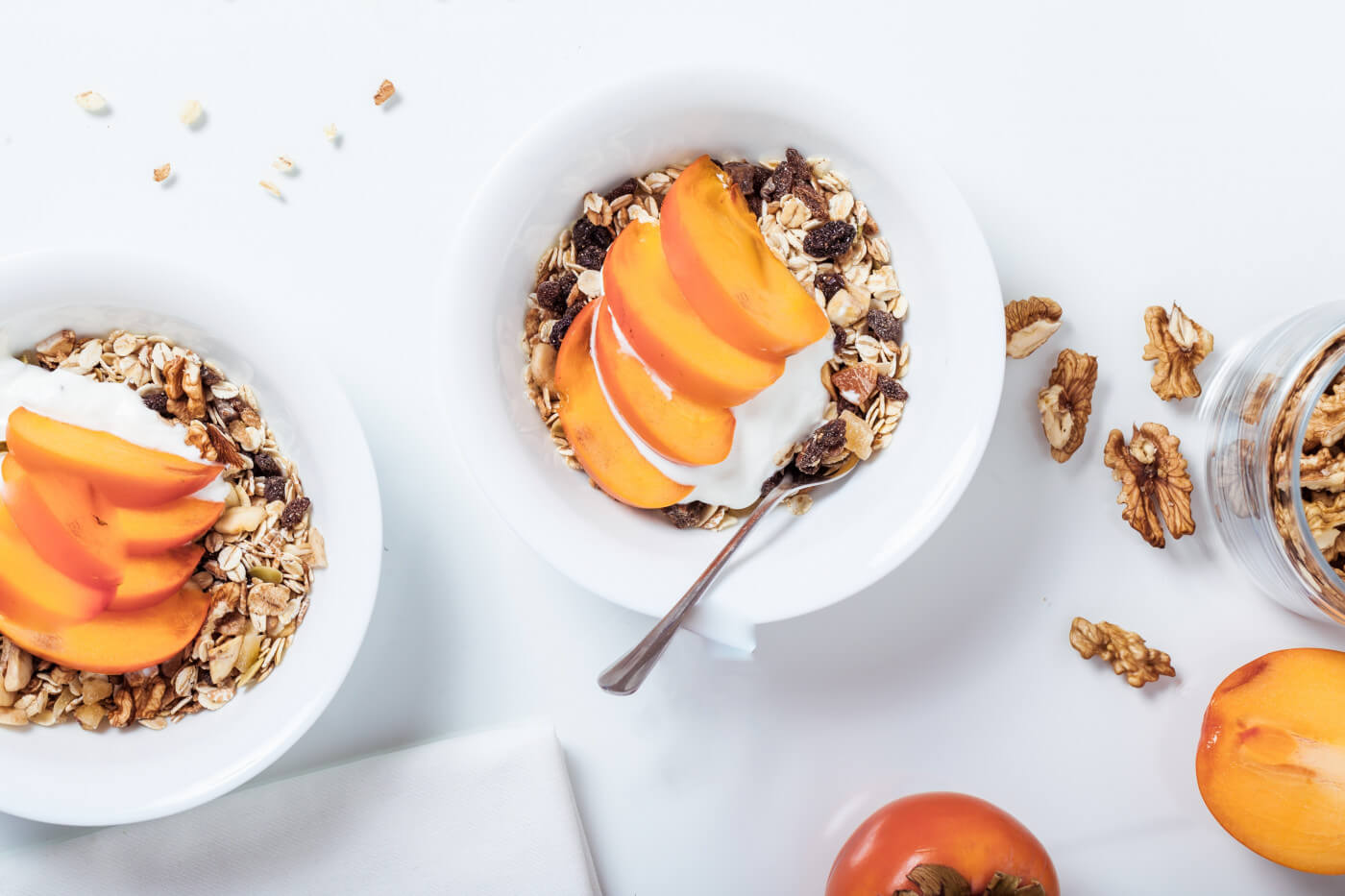How long can refrigerated probiotics stay out of the fridge? Should they be taken with or without food? What time of day? Is the best blend the one with the most strains or the highest number of colony-forming units (CFU)?
The plethora of buzzwords and marketing messages makes the world of probiotics a tricky one to navigate. Today, we want to break down a few of the most commonly asked questions with a few common sense responses. We'll start with the great refrigeration debate and end with the importance of a research-backed dose.
Fridge or Shelf?

Look for Third Party Stability Studies.
The bottom line is not every probiotic formula is built the same, and several factors can impact the viability. Some strains die quickly if exposed to extremely high temperatures and require cold storage, while some stains can be shelf-stored because they're considered more stable and can live through dissonant conditions. The heat and moisture in the body provide excellent conditions for the growth of these helpful bacteria. For example, many lactobacillus strains have been shown to flourish in the gastrointestinal tract.
Most probiotic supplements provide storage guidance based on stability testing, so it's important to look for that information when selecting the one that's best for you.
Take With Food or Without Food?

Do what's best for you.
While some brands specify whether a probiotic should be consumed with or without food, survivability varies by strains and delivery format. With encapsulated products, particularly those for which all probiotic strains have been tested for survivability, it shouldn't matter. We recommend whatever rhythm works for your body and routine. The key is continuous daily use at the recommended dose.
What's The Best Time of Day?
The time you'll remember every day.
We get a lot of questions about the best time of day to take probiotics. First thing in the morning? Last thing before bed? Unless specified on the label, the best answer to this is whatever works best for your personal routine.
Probiotics provide the most health benefits when taken regularly. The benefit of taking a probiotic around the same time each day is that it helps you create a habit and allows you to space out dosing appropriately. Systemic benefits build up over time, through continuous daily use!
The dose and frequency of use may vary, so be sure to pay attention to the recommendations associated with your specific probiotic blend. You should be able to find these recommendations on the bottle or package.
The More the Merrier?
Focus on a Research-Backed CFU
Broad spectrum probiotics with high numbers of colony-forming units are all the rage right now, and it's tempting to assume bigger is better when it comes to CFU counts. High potency probiotics range from 10-100B CFUs per capsule, and some products have more research behind them than others.
Depending on what benefits you are looking for in a probiotic, you may be better off with a more targeted product where the strains have been clinically studied with your end goal in mind. Science-backed formulas should contain live probiotic bacteria at a research-backed dose. Before adding a new product to your regimen, talk to your doctor about finding the best formula for your needs.
Now you know how long can refrigerated probiotics stay out and the answer to other important questions.
---
Whether you need a prebiotic or probiotic supplement or both we’ve got clinically studied solutions waiting to be discovered.
These are expert opinions on lifestyle from professionals who are board-certified physicians, registered dietitians, or healthcare professionals. This content does not represent any medical advice for the prevention or treatment of any medical diseases.